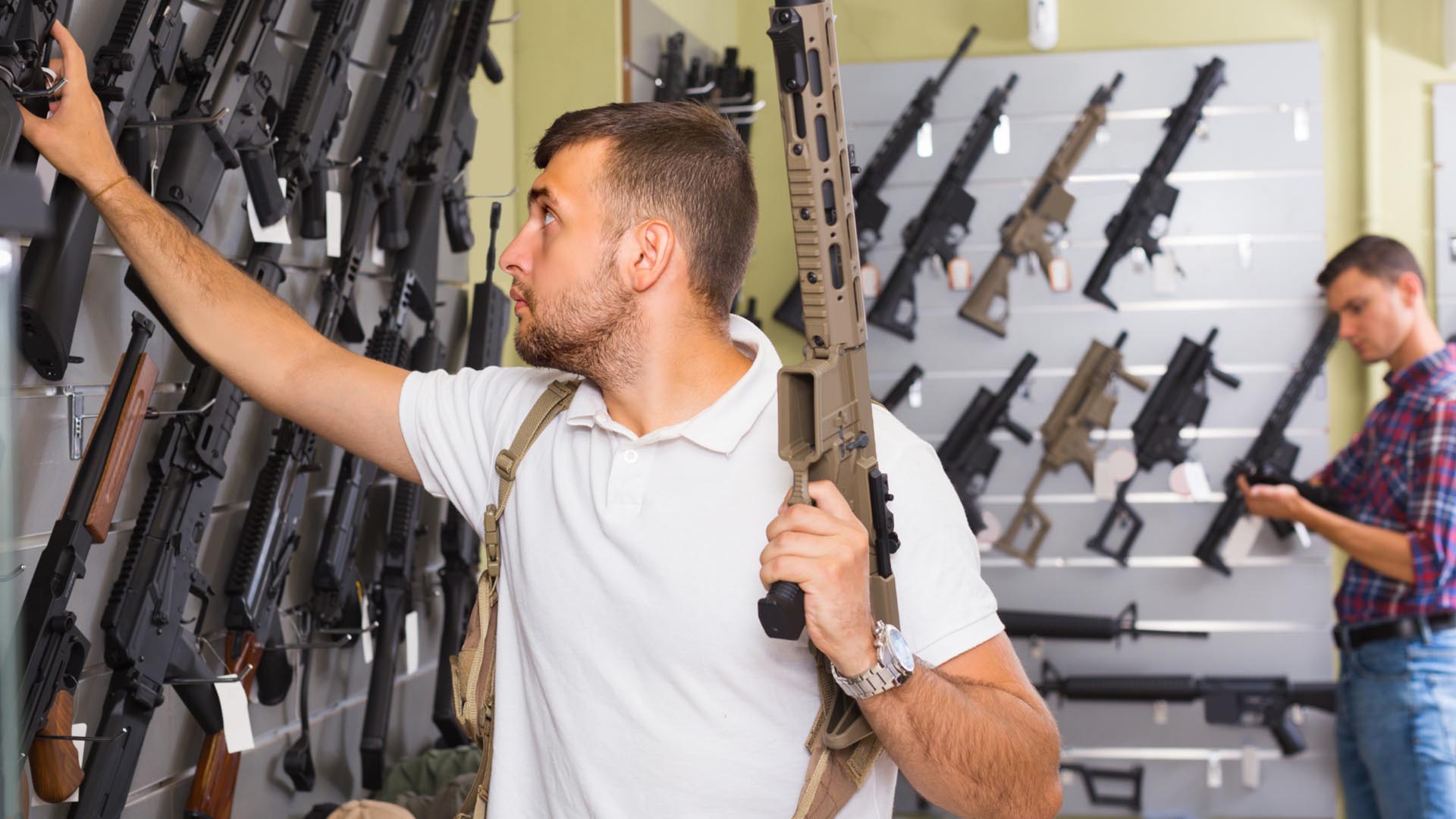
What is a NFA Gun Trust?
What is a NFA Gun Trust? If you want to leave your beloved shotgun to your nephew when you die, can you just write it in your Will and expect that it will happen? The answer is a resounding no. Just as there are regulations involving the transfer or sale of firearms when you are living, the same holds true when you die. This is where an NFA (National Firearms Act) Gun Trust can be of immense and valuable help.
The State of Michigan and the federal government both have laws restricting and controlling who is allowed to own guns. The NFA restricts ownership of Title II weapons including short-barrelled rifles and shotguns, machine guns, destructive devices, silencers, and suppressors while also requiring registration of these firearms. Michigan law also restricts ownership of Title II weapons and handguns.
Gun trusts work primarily to pass ownership of firearms to others upon the death of their owner. The benefit of the trust is that it allows the persons who are to inherit the firearms to be vetted and approved for ownership of the firearms before the gun owner dies. In the event that one or more of the designated future owners of the gun do not pass their background check, the owner has time to designate a new legatee. Note that individuals who have prior criminal felony convictions, those with a history of mental illness, and veterans who were dishonorably discharged from their service are all ineligible to own or possess some or all firearms.
For an individual seeking to acquire a Title II weapon, the NFA registration requirements are lengthy and expensive. An individual must submit a photograph, fingerprints, and an application to register with the Bureau of Alcohol, Tobacco, Firearms, and Explosives (BATFE). There is also a $200 application fee. Up until 2016, individuals were also required to obtain the signature of the Chief Law Enforcement Officer (CLEO) of their county. This was sometimes difficult to almost impossible.
It was this difficulty that pushed many individuals to form gun trusts to purchase Title II weapons because gun trusts were not subject to the CLEO signature requirement. As of 2016, however, the CLEO signature requirement was removed. However, more individuals involved with a gun trust were brought under the purview of the BATFE registration—specifically, all persons responsible to the gun trust.
Should you elect to set up a gun trust, here is how it would work: The trust owns the weapons, not the beneficiary or the trustee. In this respect, the trust can purchase firearms as well. The name of the trust should not be changed. A change in the name would be considered a transfer and trigger re-registration and payment of a transfer tax. Weapons held in the trust cannot be taken across state lines. Termination of the trust must be approved by the BAFTE prior to the distribution of any of the assets.
The level of BAFTE regulation of gun trusts can make them less attractive, particularly where there are numerous beneficiaries, all of whom must apply for approval with BAFTE. This is because a “responsible person” of a gun trust is defined as any person who has a right to possess the weapons in the trust. Only individuals who have no right to possession until the death of the trust creator do not have to submit to a background check.
If you are interested in creating a gun trust, your first call should be to Attorney Melissa Pearce who has the experience and in-depth knowledge in this area to craft a gun trust that meets your needs. Contact us today to get started!
